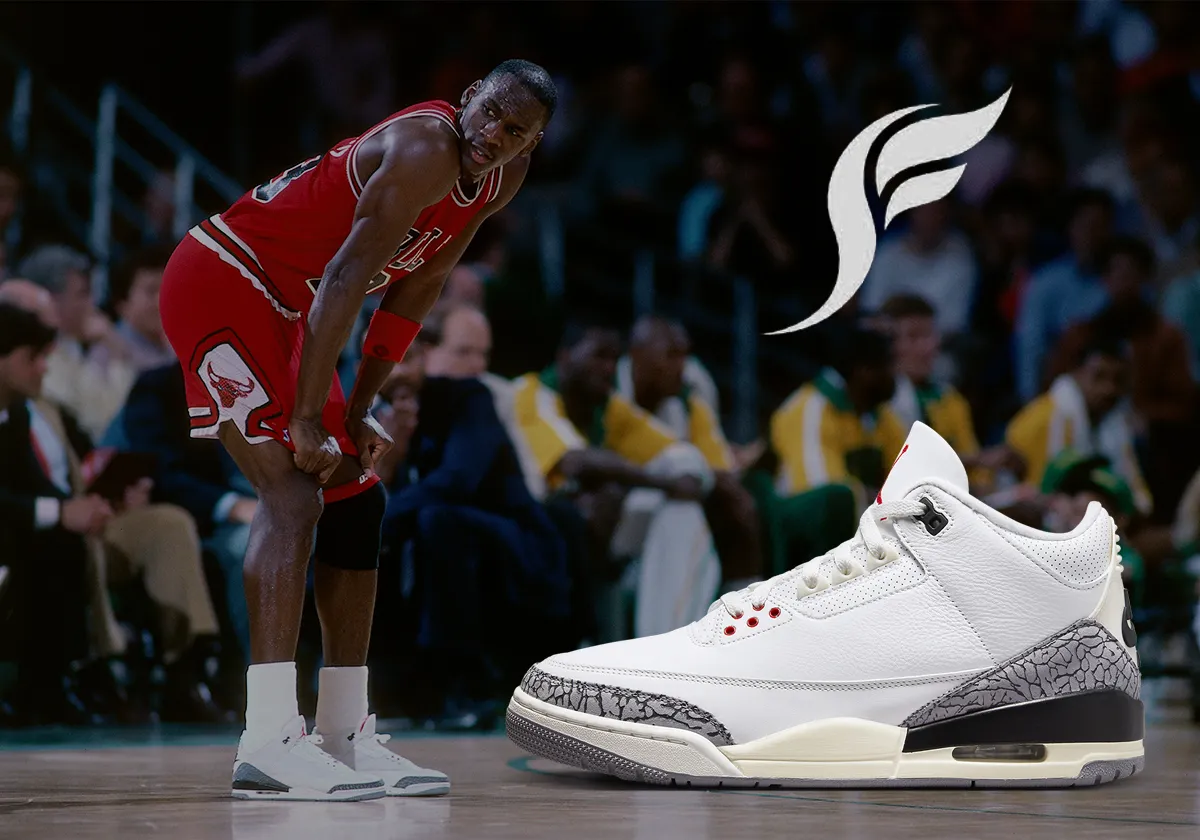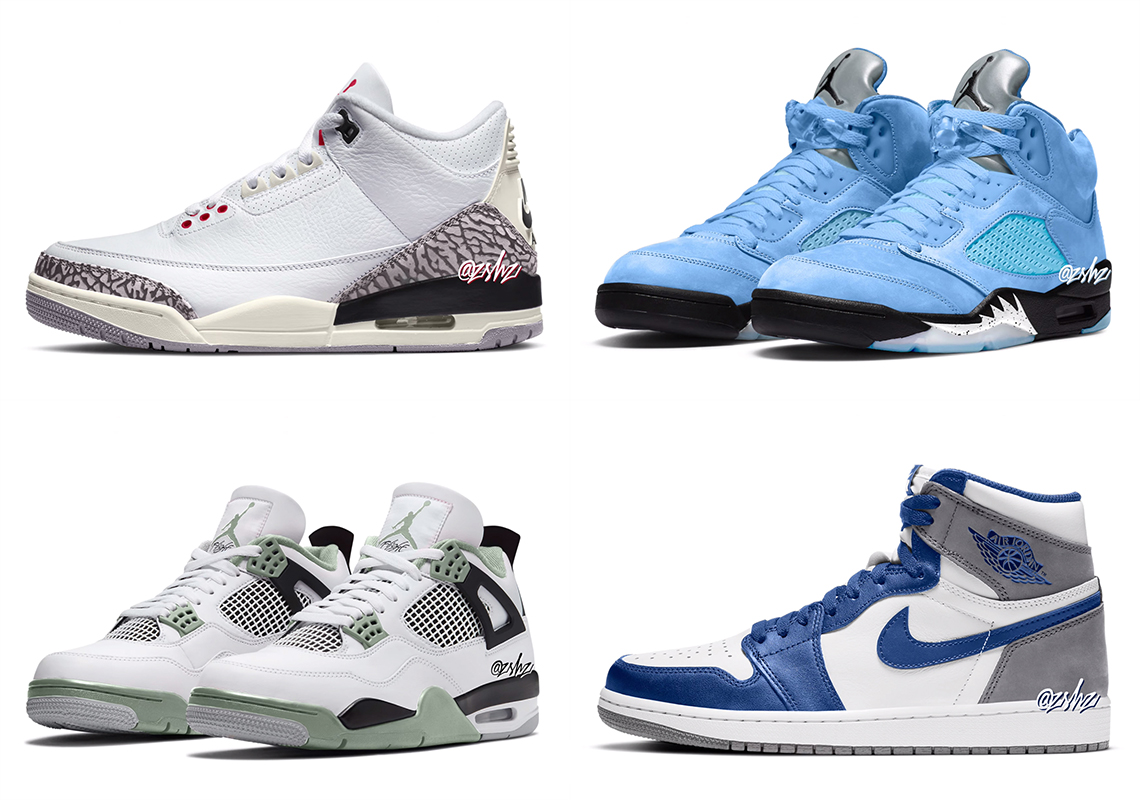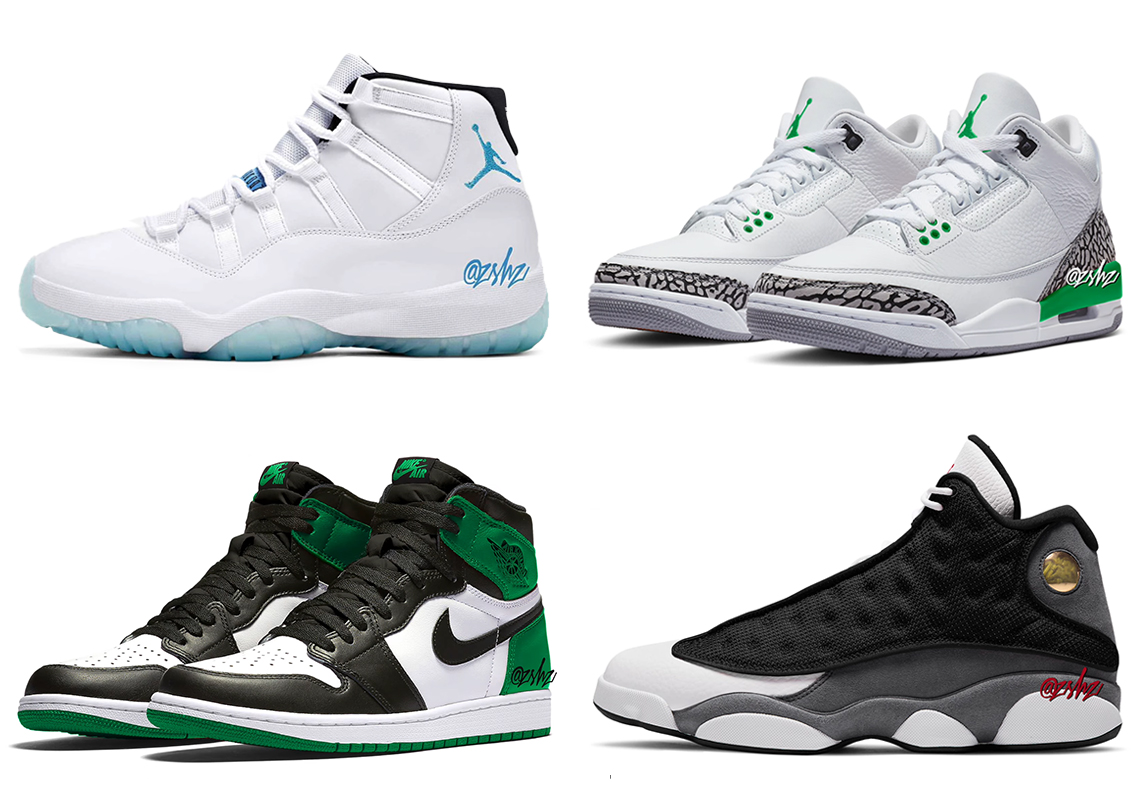Is Elon Musk's Anger Fueling Tesla's Success?

Table of Contents
The "Anger" Factor: A Closer Look at Musk's Leadership Style
Elon Musk's reputation precedes him. Known for his ambitious vision and relentless drive, he's equally known for his public displays of anger and frustration. Understanding the impact of this "anger" requires examining its various manifestations.
Public Outbursts and Their Perceived Impact
Musk's public anger often manifests through controversial tweets, outspoken interviews, and sometimes even impulsive actions. These outbursts frequently dominate headlines, sparking intense media coverage and immediate market reactions.
- Example 1: Musk's infamous "funding secured" tweet regarding Tesla's privatization attempt in 2018 resulted in significant stock market volatility and SEC investigations.
- Example 2: His frequent criticism of regulators and competitors often leads to short-term stock fluctuations, reflecting the market's sensitivity to his pronouncements.
- Example 3: Public criticism of Tesla employees or projects can instantly impact the company's image and employee morale. The short-term consequences often include negative media attention and potential investor concerns.
While these actions might generate short-term negative press, they also keep Tesla at the forefront of public conversation, bolstering brand awareness – whether positive or negative.
Internal Management Style and its Effects on Tesla Employees
Musk's demanding leadership style is legendary within Tesla. While some argue this high-pressure environment fosters innovation and pushes employees to their limits, others point to high employee turnover and burnout as significant drawbacks.
- Positive Perspective: The intense focus and relentless pursuit of goals create a culture of innovation and rapid development. The demanding nature pushes employees to achieve ambitious targets.
- Negative Perspective: The pressure-cooker environment can lead to high stress, long hours, and ultimately, a significant loss of talented employees seeking a healthier work-life balance. Employee reviews often cite a demanding, intense, and sometimes fear-based workplace culture.
The balance between driving innovation and maintaining employee wellbeing remains a crucial challenge for Tesla's long-term success.
The "Fear Factor" and its Role in Driving Performance
Some argue that Musk's demanding nature, bordering on fear-inducing, is a key driver of Tesla's performance. The pressure to meet impossible deadlines and exceed expectations allegedly pushes the company to achieve extraordinary results.
- Argument for: The high-stakes environment fosters a culture of urgency and exceptional performance, leading to faster innovation and market dominance. Statistics on Tesla's rapid growth compared to established automakers support this argument to some extent.
- Argument against: This approach is ethically questionable and unsustainable in the long run. The potential for burnout, mental health issues, and high employee turnover outweigh any short-term benefits. The fear factor may hinder creativity and open communication within the company.
Counterarguments: Are Other Factors More Significant?
While Musk's personality undoubtedly plays a role, attributing Tesla's success solely to his "anger" overlooks other crucial factors.
Tesla's Technological Innovation and Market Demand
Tesla's groundbreaking technology in electric vehicles (EVs), battery technology, and autonomous driving systems is a major driver of its success. The rapidly growing global demand for EVs further fuels this market dominance.
- Technological Advancements: Tesla consistently pushes the boundaries of EV technology, setting industry standards and attracting a loyal customer base.
- Market Demand: The increasing awareness of climate change and government incentives for electric vehicles create a massive market for Tesla's products. Sales figures and market share statistics clearly demonstrate this growing demand.
The Role of Marketing and Brand Recognition
Elon Musk himself, regardless of his anger, is a powerful marketing tool. His unconventional persona and bold pronouncements generate immense publicity, shaping Tesla's brand image and attracting customers.
- Controversial Publicity: While some actions may be damaging, they often generate more publicity than harm, keeping Tesla in the public eye.
- Cult-like Following: Musk has cultivated a devoted following, turning Tesla into a lifestyle brand for many environmentally conscious consumers.
The Broader Economic and Political Landscape
Tesla's success is also shaped by broader economic trends and government policies. Favorable regulations, subsidies, and tax incentives for electric vehicles play a significant role in the company's growth.
- Government Incentives: Many countries offer substantial tax breaks and subsidies for EV purchases, bolstering demand for Tesla's products.
- Industry Trends: The global shift towards sustainable transportation significantly contributes to Tesla's market position.
The Long-Term Implications for Tesla and its Leadership
The sustainability of Musk's leadership style and its long-term impact on Tesla are critical questions.
Sustainability of the Current Model
Musk's intensely demanding approach may not be sustainable in the long run. The potential for employee burnout, loss of talent, and damage to the company's reputation are serious concerns.
- Employee Retention: High employee turnover weakens the company's institutional knowledge and slows down innovation.
- Reputational Risk: Negative publicity surrounding Musk's behavior can damage Tesla's brand image and investor confidence.
Potential for Change and Adaptation
There is a possibility that Musk might adjust his leadership style over time. However, whether he adapts or maintains his current approach, its impact on Tesla's future remains uncertain.
- Scenario 1 (Adaptation): Musk may delegate more responsibilities, fostering a more collaborative and less stressful work environment.
- Scenario 2 (Status Quo): Tesla might continue its rapid growth, but at the cost of increased employee attrition and potential reputational damage.
Conclusion
The relationship between Elon Musk's leadership style and Tesla's success is undeniably complex. While his demanding and sometimes angry approach might have driven innovation and fueled early growth, its long-term sustainability remains questionable. The company's success is not solely attributable to Musk's personality but also to technological innovation, market demand, savvy marketing, and broader economic forces. The balance between the potential benefits and the significant risks associated with his leadership remains a critical factor in determining Tesla's future trajectory. Do you think Elon Musk's leadership style is ultimately beneficial or detrimental to Tesla's long-term success? Share your thoughts in the comments below!

Featured Posts
-
 Canada Post Strike Threat Impact On Customer Loyalty And Future
May 27, 2025
Canada Post Strike Threat Impact On Customer Loyalty And Future
May 27, 2025 -
 The Impact Of Canada Posts Problems On The Delivery Landscape
May 27, 2025
The Impact Of Canada Posts Problems On The Delivery Landscape
May 27, 2025 -
 Max Payne Movies A Critical Analysis
May 27, 2025
Max Payne Movies A Critical Analysis
May 27, 2025 -
 Le Congres Du Ps Bouamrane Pour L Unite Faure En Ligne De Mire
May 27, 2025
Le Congres Du Ps Bouamrane Pour L Unite Faure En Ligne De Mire
May 27, 2025 -
 Coupe De La Caf L Algerie Termine Sur Un Match Nul Decevant
May 27, 2025
Coupe De La Caf L Algerie Termine Sur Un Match Nul Decevant
May 27, 2025
Latest Posts
-
 The Ultimate Guide To Air Jordan Releases In May 2025
May 29, 2025
The Ultimate Guide To Air Jordan Releases In May 2025
May 29, 2025 -
 Air Jordan June 2025 Sneaker Release Calendar And Information
May 29, 2025
Air Jordan June 2025 Sneaker Release Calendar And Information
May 29, 2025 -
 Air Jordan May 2025 Releases Dates Styles And Where To Buy
May 29, 2025
Air Jordan May 2025 Releases Dates Styles And Where To Buy
May 29, 2025 -
 All Air Jordans Dropping In June 2025 Release Dates And Details
May 29, 2025
All Air Jordans Dropping In June 2025 Release Dates And Details
May 29, 2025 -
 Every Air Jordan Sneaker Releasing In May 2025 A Complete Guide
May 29, 2025
Every Air Jordan Sneaker Releasing In May 2025 A Complete Guide
May 29, 2025
